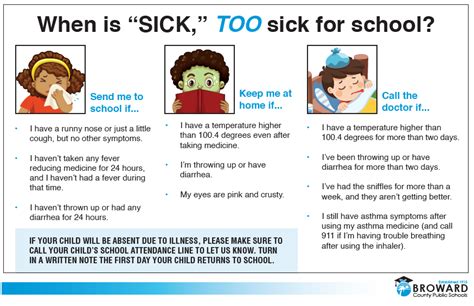Starting college is an exciting time, but it can also be a time of increased vulnerability to illness. With the close quarters of dorms and classrooms, coupled with the stress of new academic and social demands, college students are at an increased risk for catching colds, flu, and other infections.

According to the American College Health Association, the average college student will experience 2-3 colds per year. While colds are generally not serious, they can be uncomfortable and disrupt your studies. The flu, on the other hand, can be more serious, and even life-threatening in some cases.
The good news is that there are a number of things you can do to reduce your risk of getting sick in college. By following these tips, you can help to stay healthy and make the most of your college experience.
Tips to Avoid Getting Sick in College
- Wash your hands frequently. This is one of the most important things you can do to prevent the spread of germs. Wash your hands with soap and water for at least 20 seconds, especially after using the bathroom, before eating, and after blowing your nose.
- Avoid touching your face. Germs can enter your body through your eyes, nose, and mouth. Avoid touching your face, especially if your hands are dirty.
- Get enough sleep. When you’re sleep-deprived, your immune system is weakened, making you more susceptible to illness. Aim for 7-8 hours of sleep per night.
- Eat a healthy diet. Eating a healthy diet will help to boost your immune system and make you less likely to get sick. Choose plenty of fruits, vegetables, and whole grains.
- Get regular exercise. Exercise is another great way to boost your immune system. Aim for at least 30 minutes of moderate-intensity exercise most days of the week.
- Get vaccinated. The flu vaccine is the best way to prevent the flu. The CDC recommends that everyone over the age of 6 months get a flu vaccine every year.
- Stay home if you’re sick. If you’re feeling sick, stay home from class and social events. This will help to prevent you from spreading your illness to others.
Common Mistakes to Avoid
- Not washing your hands. This is the most common mistake that college students make. Germs can spread easily from person to person, so it’s important to wash your hands frequently.
- Touching your face. Germs can enter your body through your eyes, nose, and mouth. Avoid touching your face, especially if your hands are dirty.
- Not getting enough sleep. When you’re sleep-deprived, your immune system is weakened, making you more susceptible to illness. Aim for 7-8 hours of sleep per night.
- Eating a poor diet. Eating a poor diet will weaken your immune system and make you more likely to get sick. Choose plenty of fruits, vegetables, and whole grains.
- Not getting regular exercise. Exercise is another great way to boost your immune system. Aim for at least 30 minutes of moderate-intensity exercise most days of the week.
- Not getting vaccinated. The flu vaccine is the best way to prevent the flu. The CDC recommends that everyone over the age of 6 months get a flu vaccine every year.
- Going to class or social events when you’re sick. If you’re feeling sick, stay home from class and social events. This will help to prevent you from spreading your illness to others.
Conclusion
Getting sick in college is a common occurrence, but it doesn’t have to be. By following these tips, you can help to reduce your risk of getting sick and make the most of your college experience.
Additional Resources
- The American College Health Association
- The Centers for Disease Control and Prevention
- The National Institutes of Health
